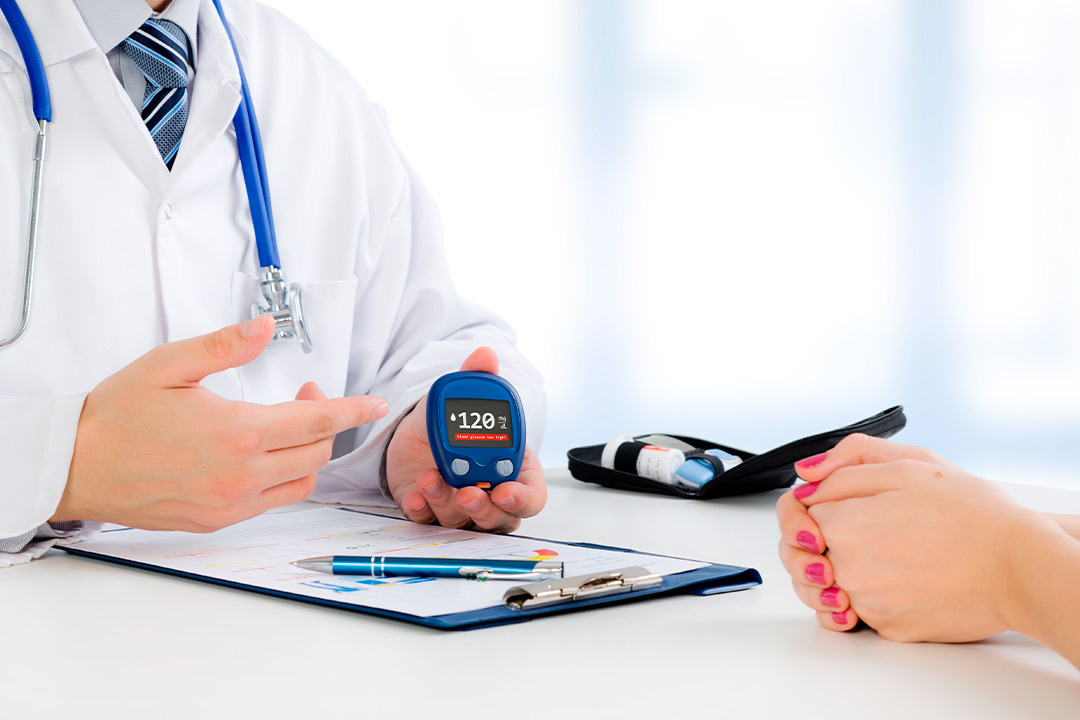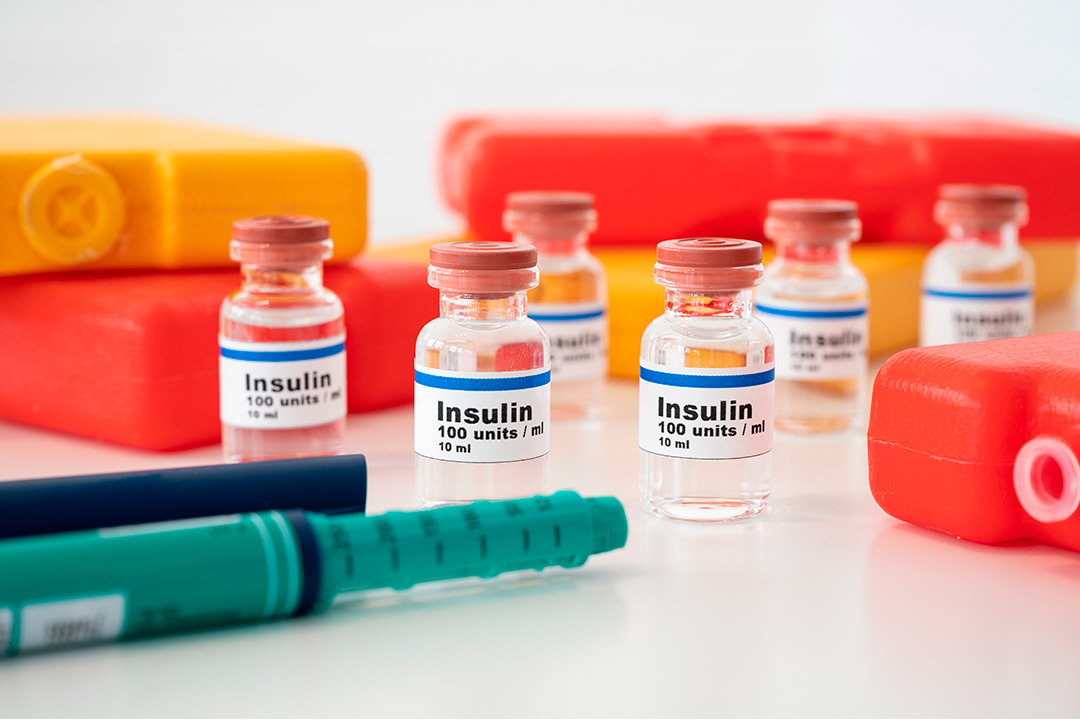Understanding Diabetes: Management and Endocrinology in South Texas
If you or a loved one is living with diabetes, you’re not alone. In the Rio Grande Valley, where rates of diabetes and prediabetes (PDF) are significantly higher than the national average, managing this chronic condition is a daily reality for many families. The good news? With the right tools, care, and local support, people with diabetes can lead full, active, and healthy lives.
At Kuye Medical Group, we understand the unique challenges South Texans face, from cultural dietary preferences to limited access to specialized care in rural areas. That’s why our team provides practical, compassionate support that meets you where you are.
Understanding Texas Diabetes: Type 1, Type 2, and Prediabetes

Diabetes is a condition that affects how your body processes blood sugar (glucose). There are several types:
- Type 1 Diabetes: Often diagnosed in children and young adults; the body doesn’t produce insulin.
- Type 2 Diabetes: More common; the body doesn’t use insulin properly, leading to insulin resistance.
- Prediabetes: A warning sign—blood sugar is elevated but not yet high enough for a diabetes diagnosis.
Managing diabetes effectively starts with understanding your type and working closely with a provider to create a personalized care plan.
Texas Tips for Diabetes Daily Management
Managing diabetes doesn’t require perfection, but it does require consistency. Here are six practical ways to stay in control of your health, built around life in South Texas:
1. Make smart food choices, without losing flavor

You don’t need to give up everything you love—make informed swaps:
- Choose whole corn or low-carb tortillas instead of flour.
- Trade fried foods for grilled, baked, or air-fried alternatives.
- Use beans, lentils, and brown rice to boost fiber and stabilize blood sugar.
- Add more non-starchy veggies like nopalitos, spinach, broccoli, and squash to every meal.
Flavor meals with herbs, citrus, or salsas instead of salt-heavy sauces.
Local tip: Check local farmers’ markets for fresh produce and diabetic-friendly foods at affordable prices.
2. Stick to your medications and monitoring routine
It’s easy to fall behind on medications or skip testing when life gets busy, but missing doses can lead to serious complications.
- Take medications at the same time every day. Set alarms if needed.
- Test your blood sugar regularly and write it down, even if it seems normal.
- Bring your logs to each appointment so your provider can adjust your plan as needed.
Kuye Medical Group offers on-site lab testing and routine screenings to help you stay on track without extra trips.
3. Stay active in a way that works for you

You don’t have to join a gym. Just keep moving:
- Walk for 15–30 minutes twice a day.
- Take the stairs when possible.
- Do household activities like cleaning, gardening, or dancing.
- Stretch daily to improve circulation and reduce joint stiffness.
Tip: Walking after meals can significantly lower post-meal blood sugar spikes.
4. Stay hydrated and watch the heat
High South Texas temperatures can increase your risk of dehydration, which in turn can affect blood sugar levels.
- Drink plenty of water. Aim for at least 8 glasses a day.
- Avoid sugary beverages like soda, sweet tea, and energy drinks.
- Carry a refillable water bottle when you’re out and about.
Warning: Heat can also affect how your body absorbs insulin or other medications, so monitor your levels more closely in extreme temperatures.
5. Use tech to simplify your routine
Technology can make diabetes management more manageable:
- Apps like Glucose Buddy, MySugr, and Carb Manager help you log meals and track blood sugar trends.
- Wearable devices like continuous glucose monitors (CGMs) allow for real-time glucose tracking.
- Set reminders for medications, appointments, or hydration.
If you’re not sure which tools are best for your needs, we’re happy to walk you through the options.
6. Don’t ignore mental health
Managing a chronic condition can take an emotional toll. Stress, anxiety, and depression can all impact blood sugar.
- Practice relaxation techniques such as deep breathing, prayer, or meditation.
- Talk to a counselor or therapist familiar with chronic health conditions.
- Lean on family, friends, or support groups for accountability and encouragement.
Kuye Medical Group provides referrals to trusted mental health professionals if you need additional support.
You’re Not Alone: Local Resources & Support for Texas People

Living with diabetes can feel overwhelming, but you don’t have to do it on your own. Here are some trusted resources right here in the Rio Grande Valley:
- Kuye Medical Group – Diabetes Management: Personalized care plans, on-site testing, and medication management from a team that knows your community.
- UTRGV Diabetes Education Program: Offers classes and support groups for Valley residents.
- South Texas Health System: Hosts workshops and wellness checks throughout the year.
If you have Medicare, Medicaid, or private insurance, many diabetes education and screening services are fully or partially covered.
Why Early and Texas Diabetes Care Matters
Uncontrolled diabetes can lead to heart disease, kidney failure, nerve damage, and vision problems. But with early detection, regular check-ups, and local support, these complications can often be prevented or delayed.
At Kuye Medical Group, our goal is to make preventive care more accessible, so you can stay in control of your health without the stress of long waits or confusing referrals.





